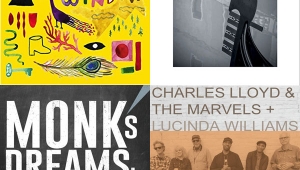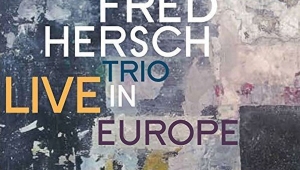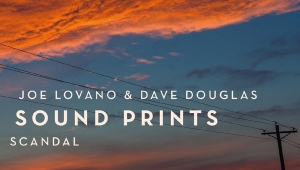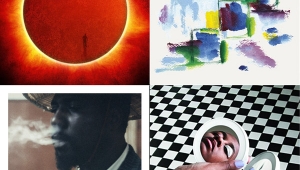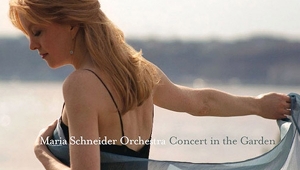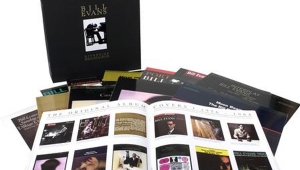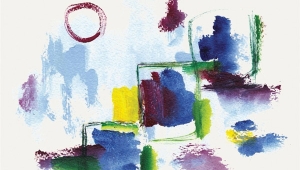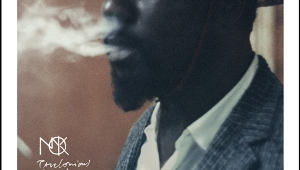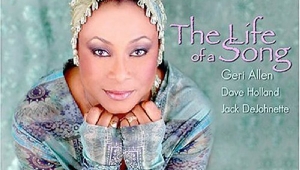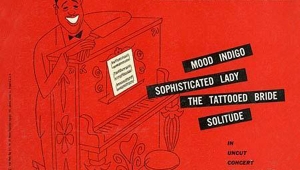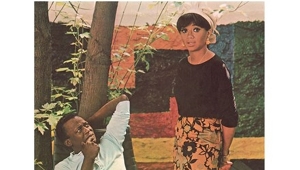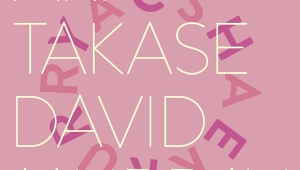| Columns Retired Columns & Blogs |
Henry Threadgill, old and (perpetually) new
Henry Threadgill should be better known than he is. A topnotch musician on alto sax and flute, one of the more innovative composers in jazz, a veteran of the Chicago avant-garde and a revivalist of ragtime improvisational styles (the two are not so contradictory, as he was the first to demonstrate), Threadgill started out on small labels, briefly landed contracts at RCA Novus and Columbia during their brief flirtations with experimentalists (in the late ‘80s and mid ‘90s, respectively), then went back to the indies—all the while retaining, even advancing, his spirit of adventure and his restless but disciplined innovation.
His new album with his Zooid quintet, This Brings Us To Volume II (on the Pi Recordings label), is his best in over a decade.
Threadgill plays flute with a mellow airiness and alto sax with something of a cross between Ornette Coleman’s wailing intonation and Sonny Rollins’ bluesy phrasing. His compositions are fragmented, emphasizing texture and harmony over melody or meter; he weaves his own universe and, if you listen closely, ensnares you in its web.
Zooid consists of Liberty Ellman on electric guitar, Jose Davila on trombone and tuba, Stomu Takeishi (a longtime Threadgill bandmate) on bass guitar, and Eliot Humberto Kavee on drums. They serve his vision, and chart their own excursions, as zestfully as any ensemble he’s ever led.
Coinciding with the new album, Mosaic Records, the invaluable mail-order-only label, has released The Complete Novus & Columbia Recordings of Henry Threadgill & Air, an 8-CD boxed set, covering albums from 1978-88, that serves as a career retrospective.
Air was the trio that Threadgill formed in the ‘70s with Fred Hopkins on bass and Steve McCall on drums, an eye-opening combo that revitalized pure ensemble improvisation (against the dominant leader-and-rhythm-section mode). Their most jostling album was Air Lore, which laced Scott Joplin and Jelly Roll Morton tunes with modern virtuosity, spinning a whole new take on “the jazz tradition,” one that skipped over swing and bebop and revealed new links between the very old and the very new.
Into the late ‘80s and ‘90s, Threadgill played with, and wrote for, larger ensembles, and here we see the beginnings of what he’s doing now. His three septet albums (with a group he strangely called the Sextett) take electric fusion in a riveting direction, combining jazz with R&B, deep Delta blues, and shards of Dixieland.
The sound quality is uneven but generally quite good.
- Log in or register to post comments
